Last month, the LANDTHINK Pulse posed the following question to our audience: If you had one million dollars to invest in a single property, which type would it be?
March Pulse Sponsored by
Our informal online survey revealed that 27.7% of respondents would choose income-producing farmland if given the financial resources to purchase any type of land they desired. Land real estate is generally a great investment option, and if you play your cards right, it can be particularly lucrative. It should, however, be reserved for those who can afford to be patient and have a penchant for long-term strategies. Based on the results of last month’s question, if given one million dollars to invest in property, most would use the cash to set into motion an overall strategy to begin building additional wealth.
Investing in income-producing assets is an appealing concept to many, and farmland has historically produced bigger returns than stocks, bonds or mutual funds over the long run. Farmland values have been holding steady, despite downward pressures like trade uncertainties, reduced farm income, and higher interest rates. Most farms don’t come up for sale for several generations, which keeps high-quality farmland in high demand.
Farmland is a unique asset class and requires utmost caution and due diligence. Buyers looking to diversify a portfolio with farmland should enlist the help of a land agent to assist them in finding the perfect investment property. If they don’t have a specific location in mind for where they want to purchase farmland, a land agent can help narrow the search and make sure they ask the right questions. Buyers should have a clear plan to manage the land once they own it and they should be clear about expected returns. Will they farm the land themselves or lease the land to someone else? Will they want to live on the property? What types of crops will be grown and what type of livestock will be raised? What is the soil quality? Is there a source of water? Do the gas, mineral, and wind rights convey with the property?
Farming is an industry with some of the highest barriers to entry and one million dollars could certainly go along way toward getting a farm operation moving. Farming requires a lot of capital to purchase inputs, equipment, and land, but there are many reasons why buying quality farmland is a good investment:
- Population growth and global demand for food and agriculture products keep farmland values increasing year-after-year.
- Tax benefits: Property improvements can be depreciated yearly and mortgage interest paid can usually be deducted.
- Diversification and Returns: Farmland is an effective inflation hedge, offers stability during volatile markets and typically appreciates over time. Farmland has historically outperformed most asset classes.
Coming in a close second, 17.7% of the LANDTHINK audience said that if given one million dollars, they would invest in recreational/hunting land. This was no surprise, since most people buy real estate for personal enjoyment. Investing in recreational land allows buyers to indulge in their passion for outdoor activities like hunting, camping and fishing, while their investment grows in value. While cash-flow is not the primary goal of a recreational land investment, buying raw land for personal enjoyment is a good investment for those who want to make improvements and profit on a future sale. Adding a dirt track for ATV’s, a shooting range, establishing a good trail network and the addition and strategic placement of food plots and deer stands, are just some of the things recreational land owners can do to add value and enjoyment to their property.
Recreational land owners might want to generate cash to help with the carrying costs associated with owning land by leasing their land for short term recreational uses, such as camping and hunting, leasing productive farmland, or harvesting a timber stand. If you’re considering purchasing your own hunting land, check out A Beginner’s Guide to Buying Hunting Land, by United Country Real Estate.
Income-producing commercial land came in third, with 15.7% of respondents saying it’s the type of land in which they would choose to invest if given one million dollars. Commercial property refers to buildings or land intended to generate a profit, either from capital gain or rental income and may be retail buildings, office buildings, industrial buildings, warehouses, or apartments and mixed-use buildings. After purchasing the property, investors make money by leasing the property and charging tenants rent and by appreciation in the value of the property over the long term.
Commercial properties generate high annual rates of return, and can provide substantial tax benefits. Owners can deduct normal expenses, interest on the mortgage, depreciate investments, and defer taxes through the 1031 Exchange. Investing in commercial land real estate can pay off financially, but investors should consult commercial land agents, tax professionals and an attorney in order to get a clear understanding of both the risks and rewards. Income-producing commercial land denies the owner the ability to enjoy using the land, and is not a feasible option for those who want to experience the joy and pride that comes with land ownership.
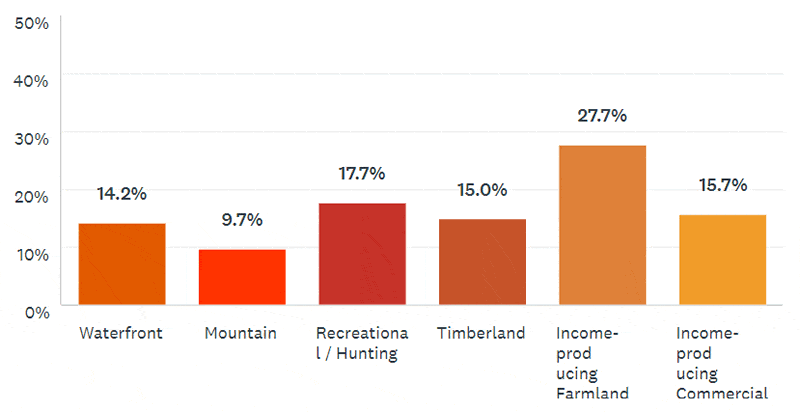
The LANDTHINK audience certainly expressed mixed feelings on what single type of property they would choose to purchase if they had a million dollars. The results were all over the board, but the largest percentage (27.7%) indicated they would purchase income-producing farmland, followed by 17.7% of our audience, who said they would prefer to buy a recreational/hunting property. This was followed closely by 15.7%, who said they would invest in an income-producing commercial property. Only 15% said they would sink a million dollars into timberland, followed by 14.2% who indicated they would buy waterfront land, while just 9.7% favored investing in mountain property.
Thank you to everyone who participated and shared the Pulse with friends and connections in the land industry. LANDTHINK would like to thank LANDFLIP for sponsoring the March Pulse. LANDFLIP helps buyers easily find land and provides land sellers with an easy to use platform for marketing and advertising land for sale, land auctions, land for lease, and land for sale by owner.
Become a Pulse sponsor! It’s a great way to ensure your brokerage is the first one buyers and sellers call when they have a need to buy or sell property. You’ll get insane exposure on Social + Email + Web. That’s 500,000+ monthly eyes on you! Once you have it, you won’t want to give it up! Pulse sponsorships are offered on a first come first serve basis and are subject to certain limitations. If your business would be interested in sponsoring a Pulse question, please contact us soon.
Do you have a Pulse question you’d like to suggest? Submit your question and we might choose yours!
We want to know what you think about our April Pulse question, chosen and sponsored by LOTFLIP: Would you prefer to own multiple small tracts of land in various locations or one large tract? Answer now.
This content may not be used or reproduced in any manner whatsoever, in part or in whole, without written permission of LANDTHINK. Use of this content without permission is a violation of federal copyright law. The articles, posts, comments, opinions and information provided by LANDTHINK are for informational and research purposes only and DOES NOT substitute or coincide with the advice of an attorney, accountant, real estate broker or any other licensed real estate professional. LANDTHINK strongly advises visitors and readers to seek their own professional guidance and advice related to buying, investing in or selling real estate.






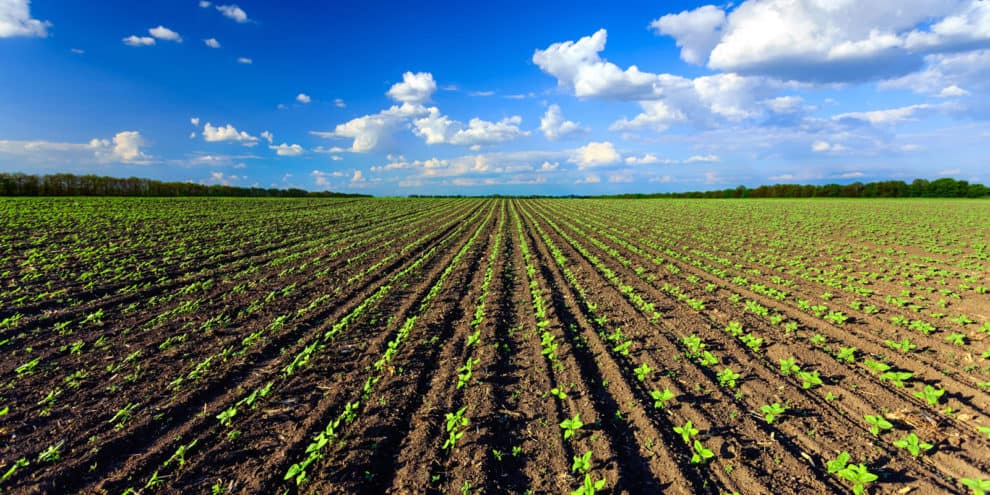

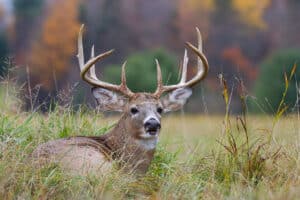
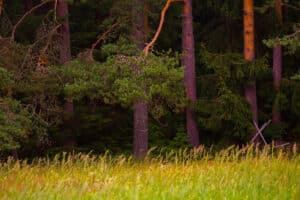
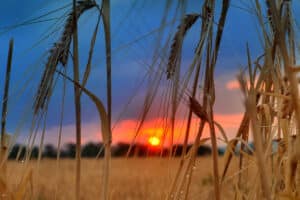
Add Comment